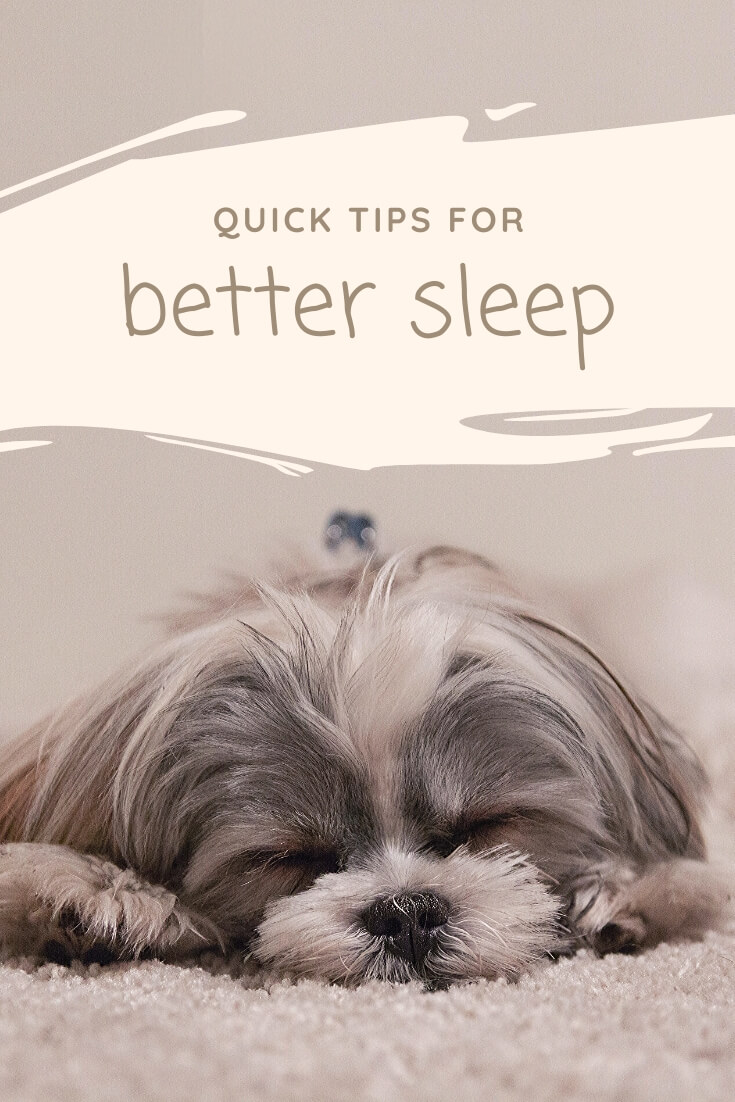We are gonna be sharing with you 35 tip on getting quality sleep. These tips are scientifically proven to help you get in that relaxation state and get the sleep that you need for your mental as well as physical health.
Set An Alarm To Go To Sleep
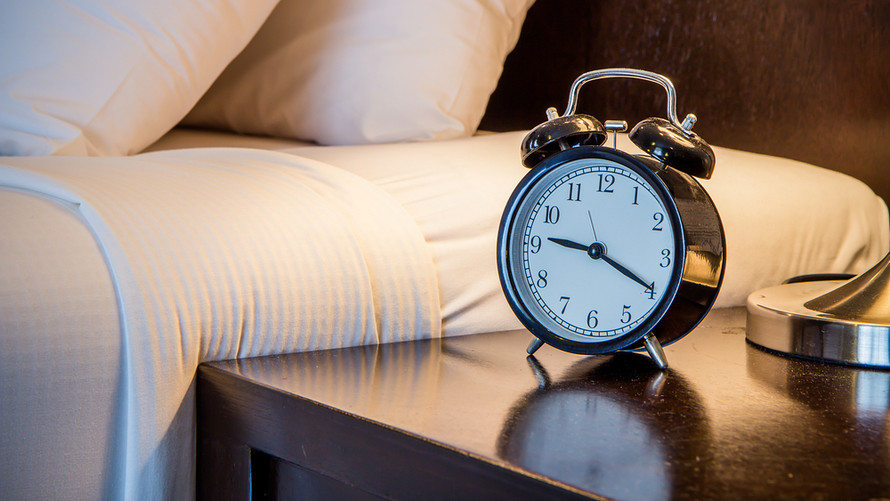
Compared to what the norm is of creating an alarm to wake yourself up, do the opposite. Set one reminding you to sleep. A bedtime routine is hard, that’s why an alarm is an easy solution to fix that problem.
Resist The Urge For Snoozing
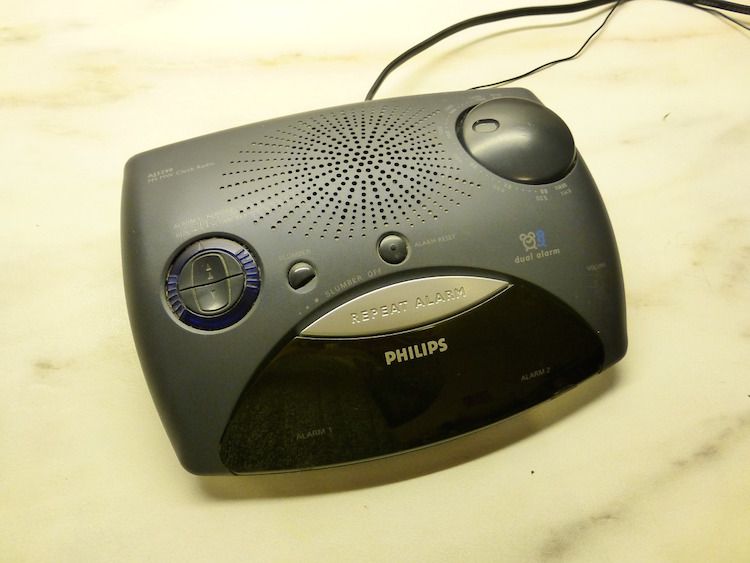
Sleep caught between the sounds of your alarms isn’t high-quality sleep. It’s your body being lazy and the snooze button just disturbs your REM sleep, which will end up making you feel even groggier when you wake up.
Ease Up On The Alcohol Before Bed
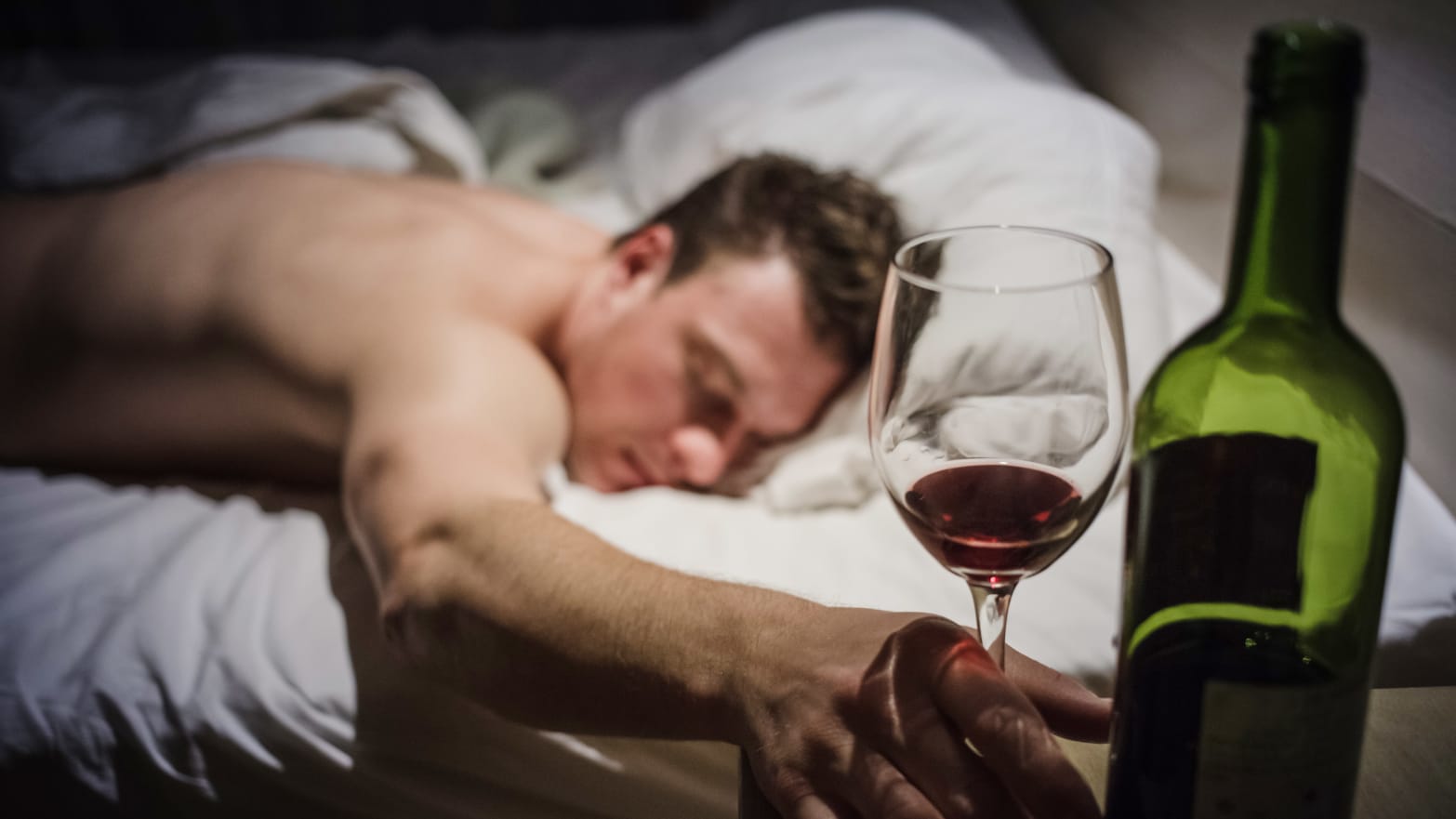
While it makes it really easy to fall asleep with a few drinks, when your buzz does wear off during the night, you’re going to wake up far more frequently.
Put On Socks
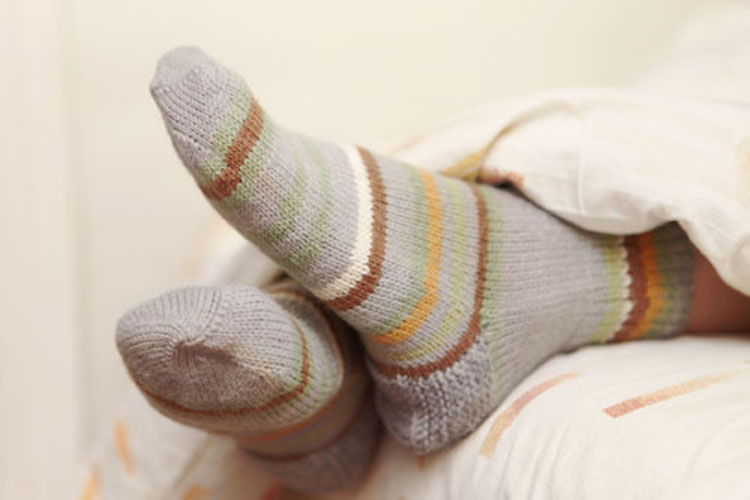
This is a rather strange one, but hands and feet do somehow predict how quickly you will fall asleep. The process of putting a pair of clean socks before getting into bed is a great way to fall asleep quickly.
Make Your Bedroom Dark
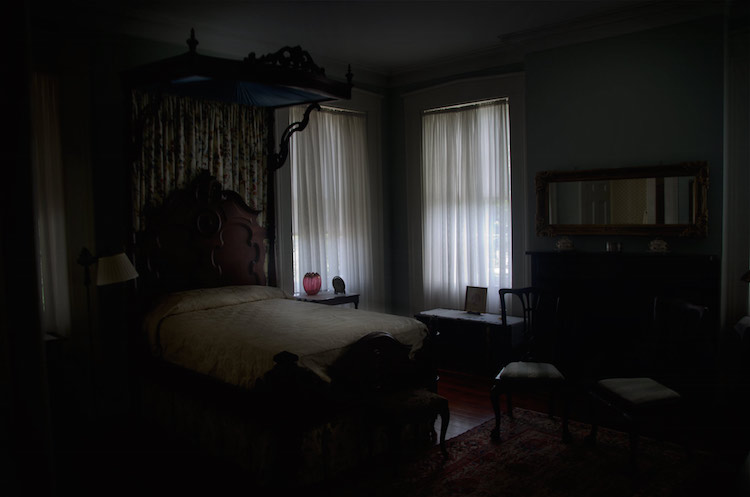
Even a small glow from a cellphone or clock can disrupt how you sleep. Seal up all of the light sources in your room or consider utilizing a comfortable eye-mask to drown out the darkness.
Keep It Cool
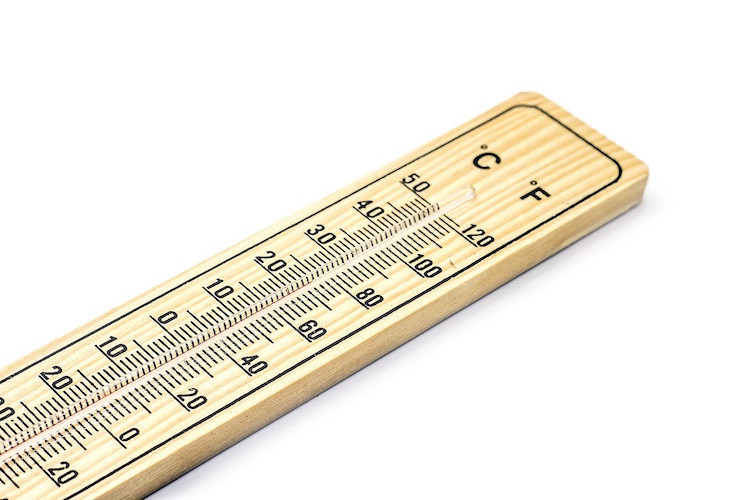
The temperature in your bedroom is extremely important to your ability to sleep. 60-68 degrees F is ideal according to many doctors, but if you like it a bit warmer….you can go up to 70 degrees F.
Power Down An Hour Before Bed
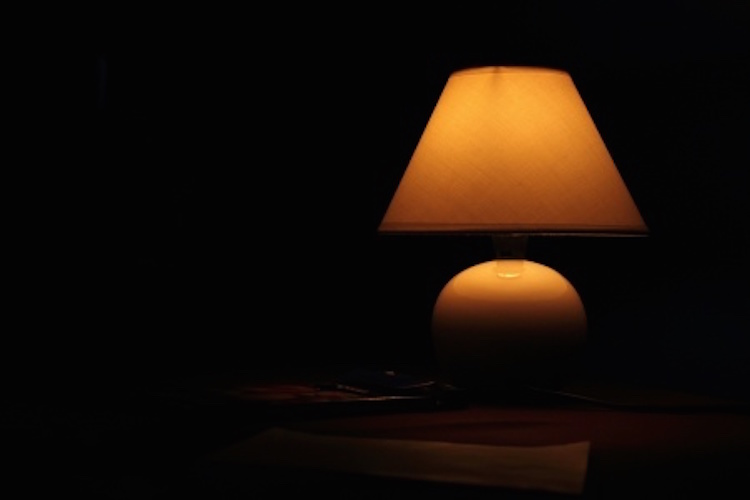
Dim your lights and turn the devices off an hour before you’re going to bed. Bright light is a huge trigger to notifying your brain that it is time to be alert and awake. Send opposite signals to your brain early on.
Cut Caffeine By The Afternoon

Your afternoon jolt tends to stay in the system a lot longer than you ever might expect. Experts say that you should stop drinking caffeine by late afternoon.
Exercise Regularly
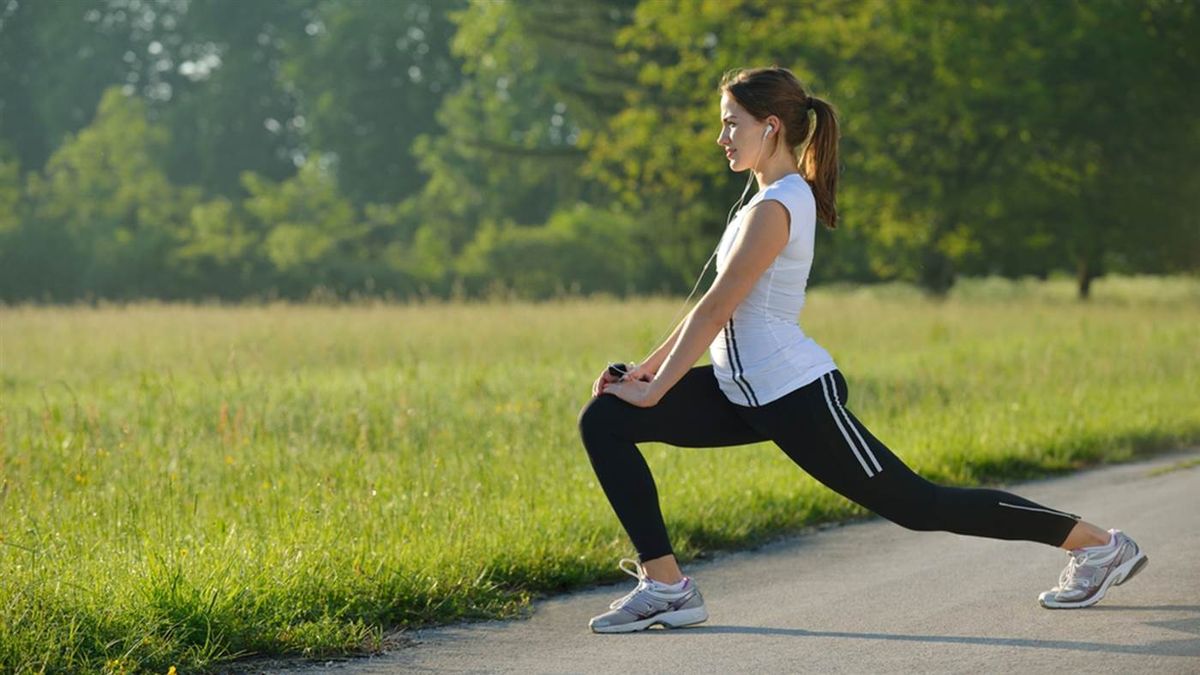
Adding just 30 minutes of physical activity in your day or even doing small exercises can make a huge impact on your sleep. You’ll get much better rest. Just try not to do it close to your bedtime.
Avoid Heavy Meals Late At Night

Your body isn’t meant for digesting when you sleep, so big meals close to your bedtime will keep you up at night. Protein is tough to digest so if you do eat late, go for lighter options.
Paint Your Room A Calming Color
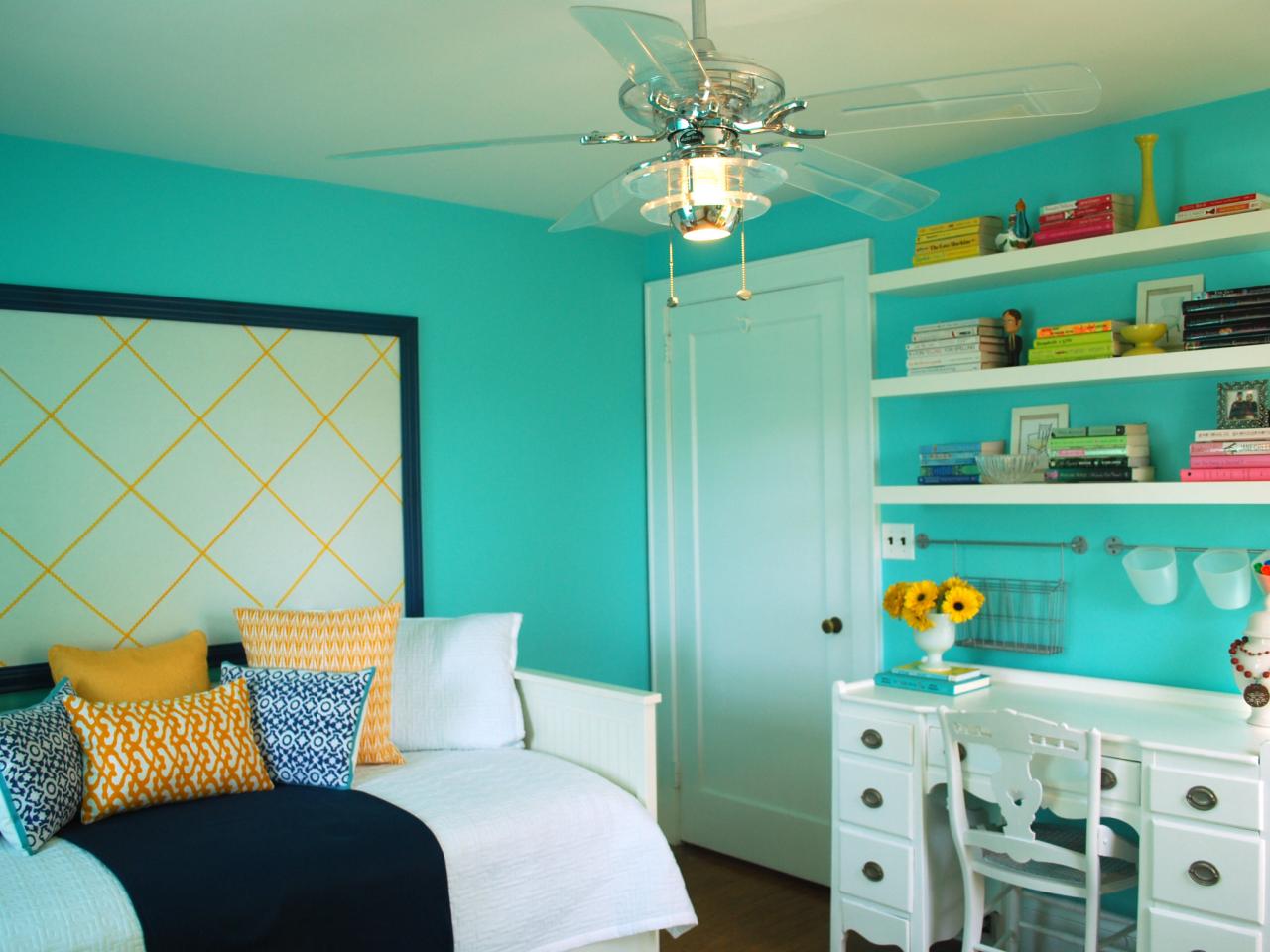
A nice yellow or a relaxing blue is a great choice. The exact shade might not matter as long as it is a color that calms you. Also, do go for the matte finish instead of a highly glossy one.
Reserve Your Bed For Sleep & Sex Only
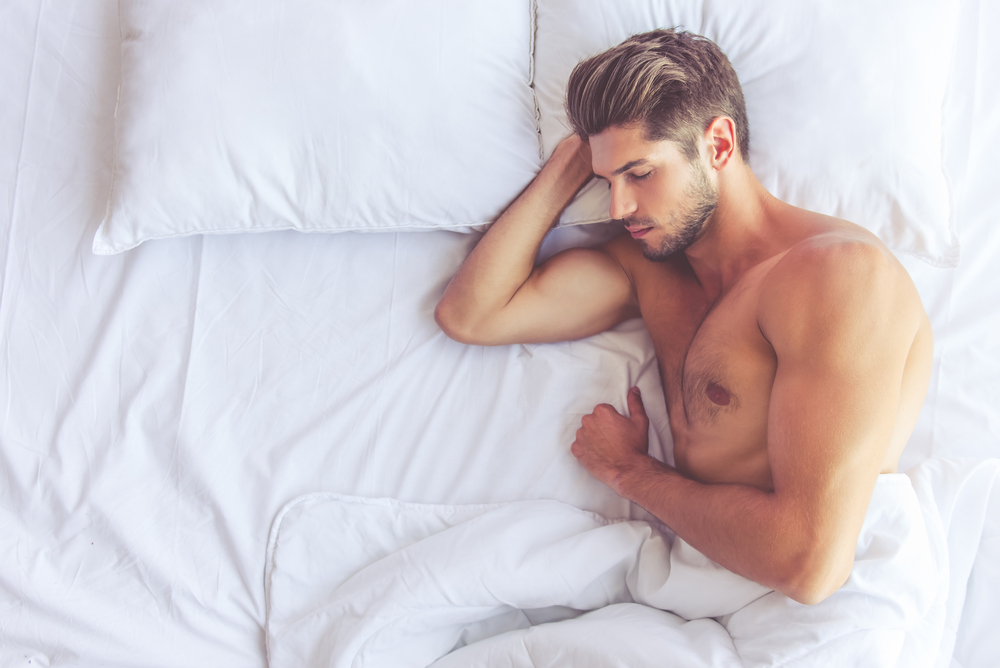
Reading, watching television and other things should be done on the couch or elsewhere. Use your bed only for releasing sexual tension or for sleeping.
Keep Your Bedroom Quiet
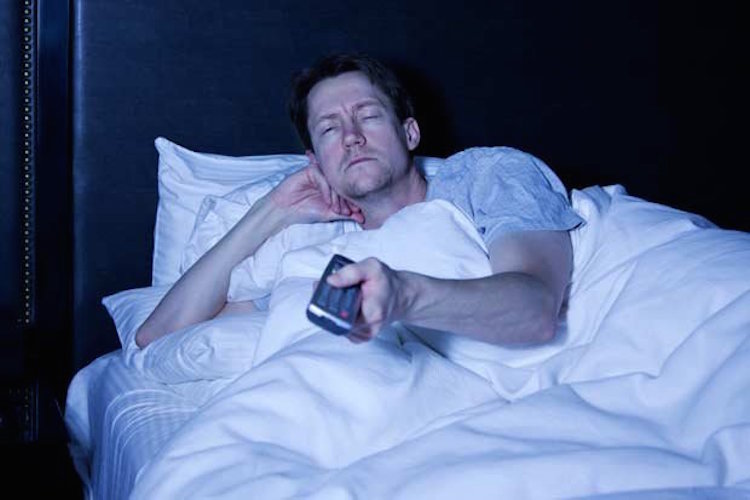
Noises such as ticking watches, buzzing electronics or other things should be left out of the bedroom. If you can’t avoid some of these noises, you can try some earplugs. It doesn’t have to be purely silent because a little bit of noise from a fan or something else might be soothing.
Don’t Let Furry Friends On Your Bed
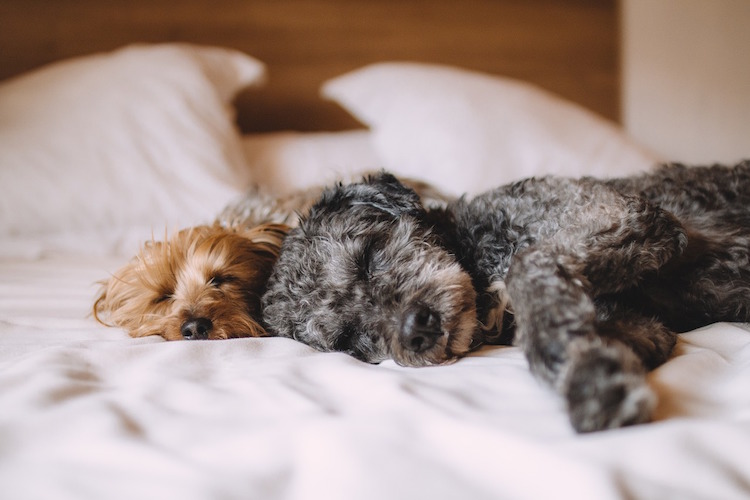
Every tail wag or purr will likely disrupt your sleep. No matter how much you like cuddling with your animal, the dander will trigger reactions and it’ll end up disrupting your sleep.
Get A Mattress That Fits
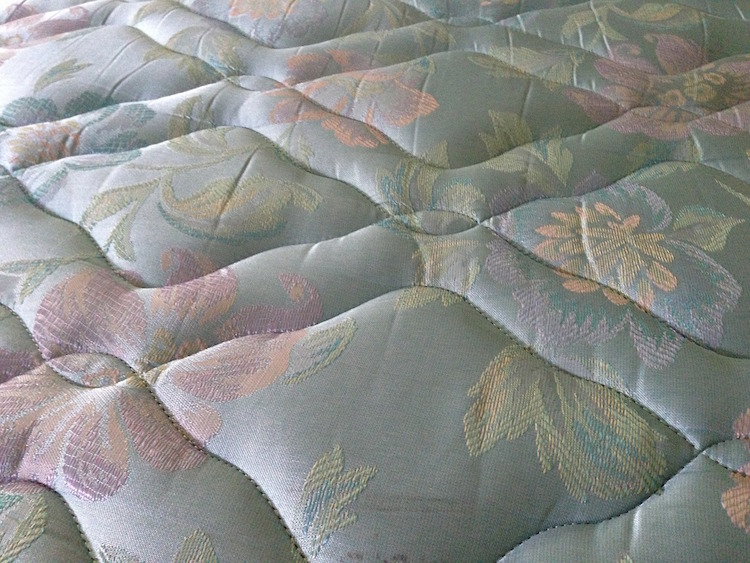
If you’re tossing or turning, it might be because the mattress is uncomfortable. It’s a huge reason for sleepless nights and you need to swap out your mattress every 5-10 years. You want one that fits well and is still in good quality.
Nap Wisely
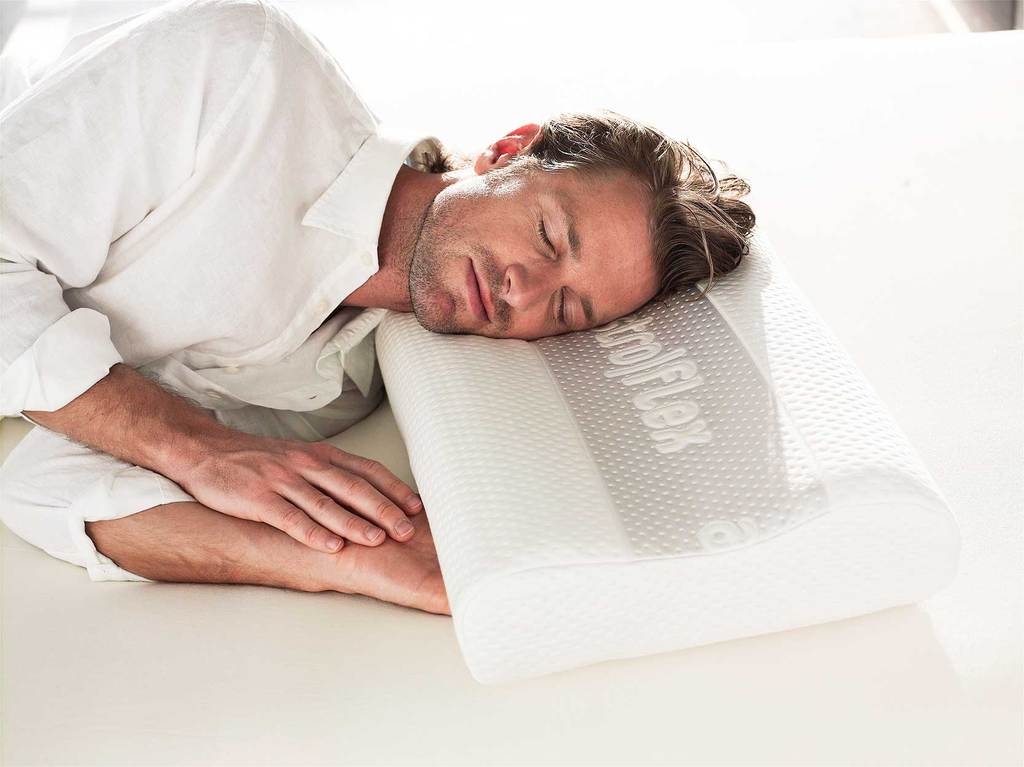
When you do it right, a daytime nap will not destroy your nighttime sleeping time. It can boost your alertness, memory, and performance at the job while you do it. Just be sure to limit your nap to minutes (at the most) and do not snooze especially close to your bedtime.
Use Separate Blankets In A Shared Bed
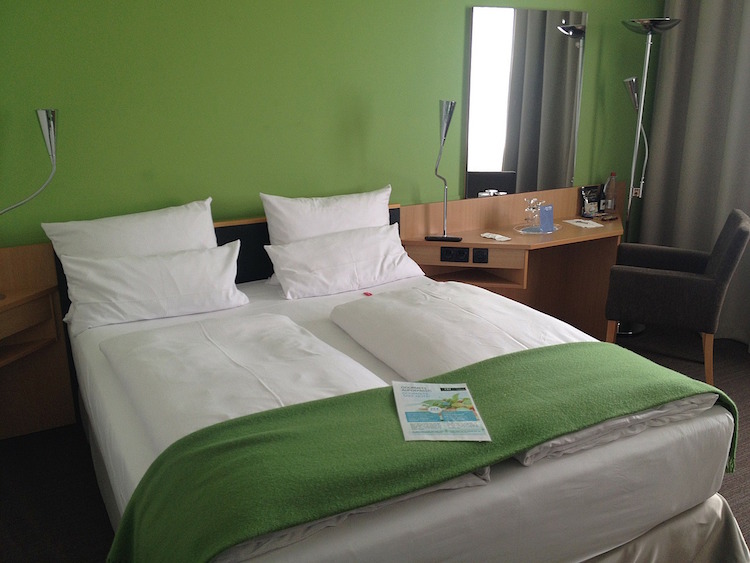
If your partner in the bed ends up stealing all of your covers or another one sweats while the other shivers, it might be best to stop sharing blankets.
Keep A Consistent Sleep Schedule All Weeklong

Sticking to the same schedule all weeklong might seem torturous, but it’s a great idea. Staying up and sleeping at the same time is crucial for getting your body clock to adjust properly.
Work Through Thoughts About The Day Before Getting Into Bed
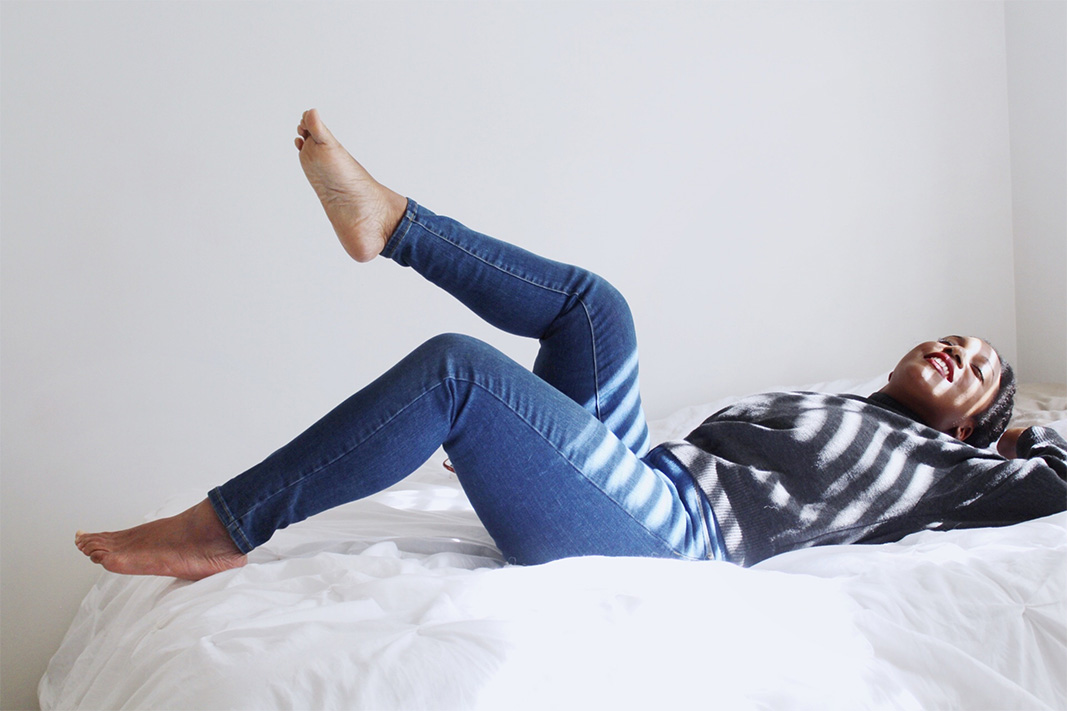
Anyone who can find his or her mind racing when sitting in bed because they’re thinking about things from the day needs to find some place else to think it. A better approach is taking time to do all this stuff in the evening before getting into bed.
Strike A Pose & Say A Prayer
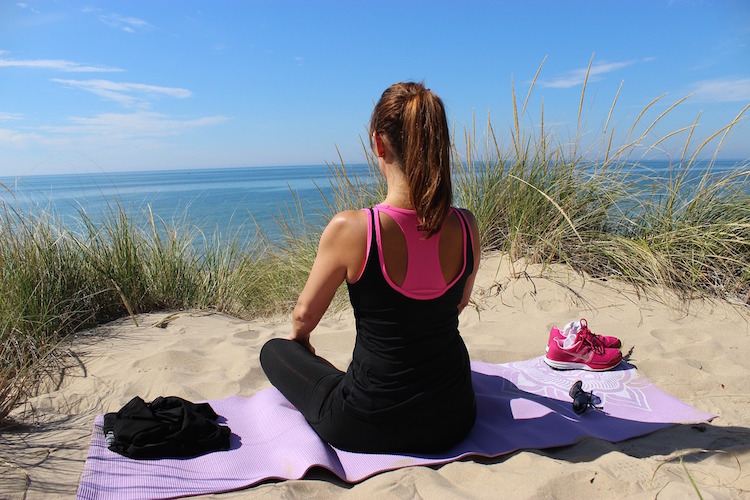
Meditation, yoga or even prayers are helpful tactics for putting your mind at ease so you can wind down.
Take Deep Breaths

If quiet reflection isn’t your style, some breathing exercises can do the trick. Breathing deeply will mimic how your body feels when it is relax so after you inhale and exhale for a few rounds, you’ll find yourself feeling much more calm.
Try Aromatherapy
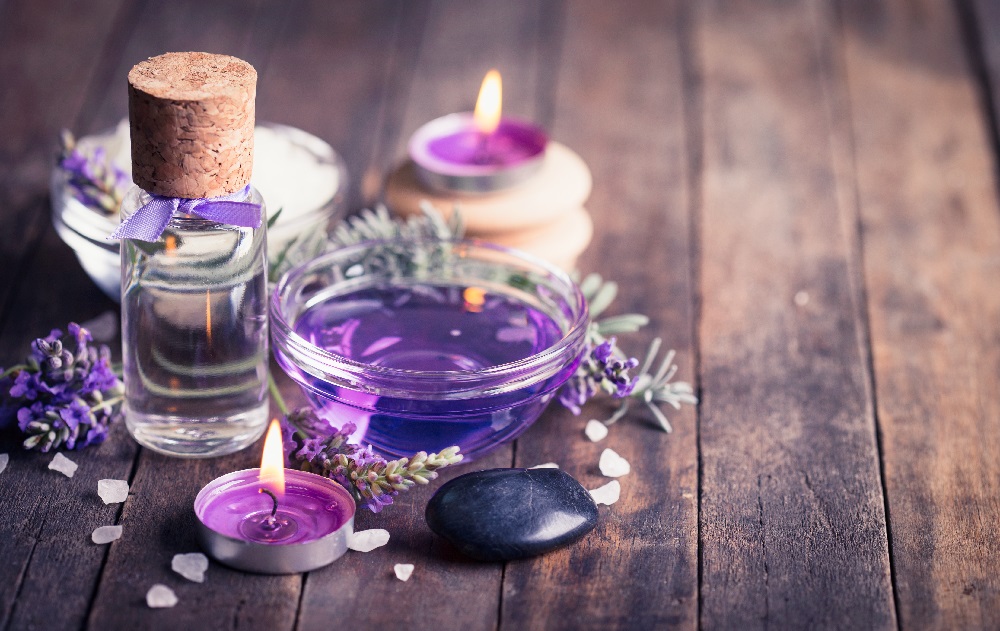
Lavender has a lot of benefits associated with better sleep. A sniff of that leads to more deep sleep and it can also help people dealing with insomnia sleep far more easily.
Take A Hot Bath

A cozy soak will raise up your body temperature just a bit. As soon as you hop out, you will cool down that also mimics the natural drop in your body temperature that is caused by the brain as it gets ready for sleeping.
Experiment With Muscle Relaxation
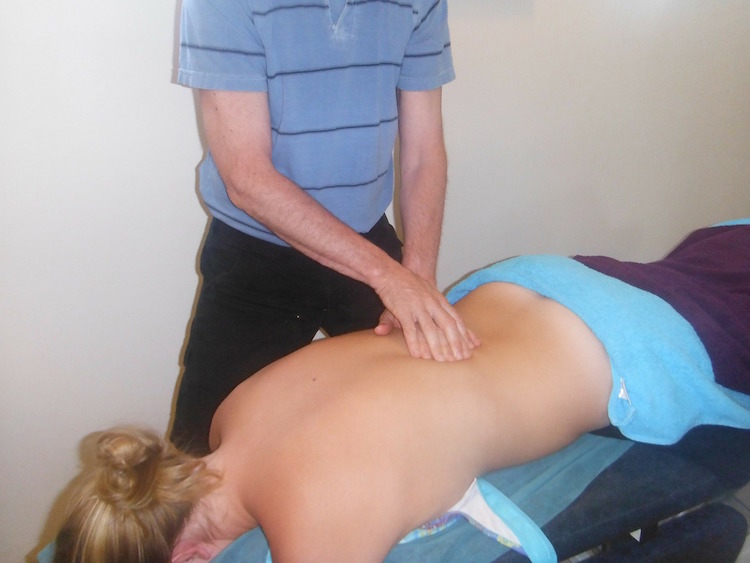
Relaxation exercises involves tensing and then relaxing your muscles throughout your entire body directing your attention to each of these as you go. This can reduce fatigue and it’ll improve your sleep quality.
Visualize
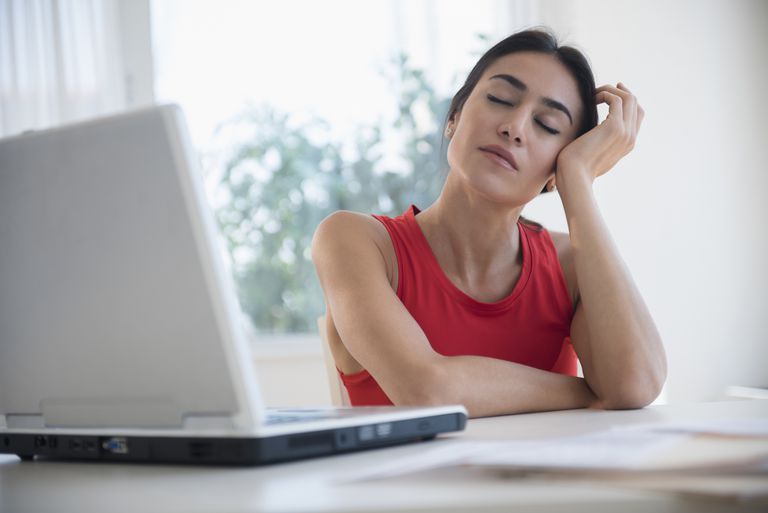
It might feel silly, but imagine yourself in a calm, sleep-inducing and relaxing place. This deep relaxation technique will slow your brain wave activities.
Write Down Things That Are Bugging You
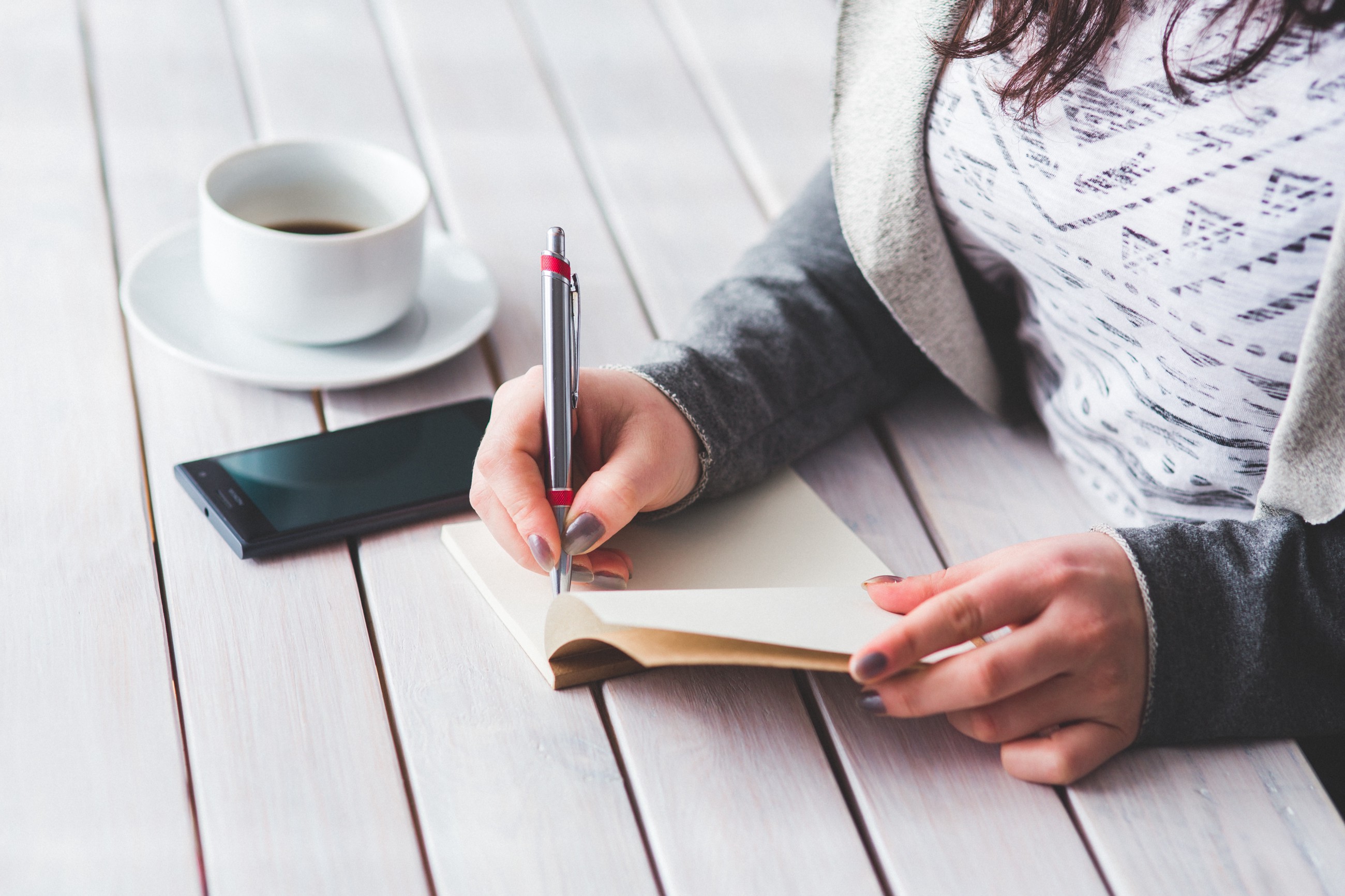
If other techniques for relaxation don’t cut it, you can put them on paper in a journal that you keep near your bed. Clearing your mind of any clutter that you have may help you drift to sleep far more smoothly.
Get Out Of Bed When You Can’t Sleep

You do not want to associate a negative feeling with yourself in bed. Get out of bed if everything else fails because it’ll only stress you out. Get out of bed and do something else that doesn’t involve bright lights. Climb back into your bed when you’re finally tired.
Get Sunlight First Thing In The Morning

The best thing is to get bright lights to trigger your brains to stay alert and awake as soon as it is morning. Natural light for about 15 minutes will help you feel a lot more fresh.
Combat Snoring
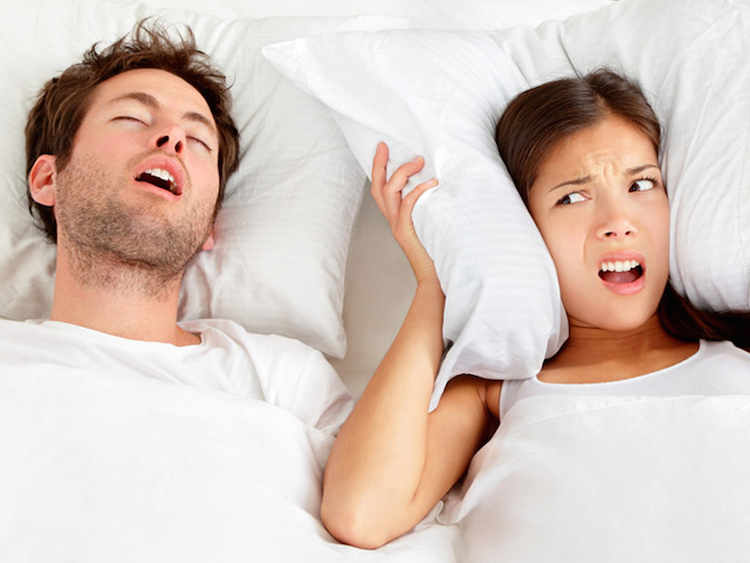
37 million American adults deal with snoring. It disturbs a bed partner’s sleep, but it can also disrupt the sleep of the snorer themselves. There are tips such as sleeping on your side, avoiding alcohol and even losing weight that can help you combat snoring.
Get Checked For Sleep Apnea
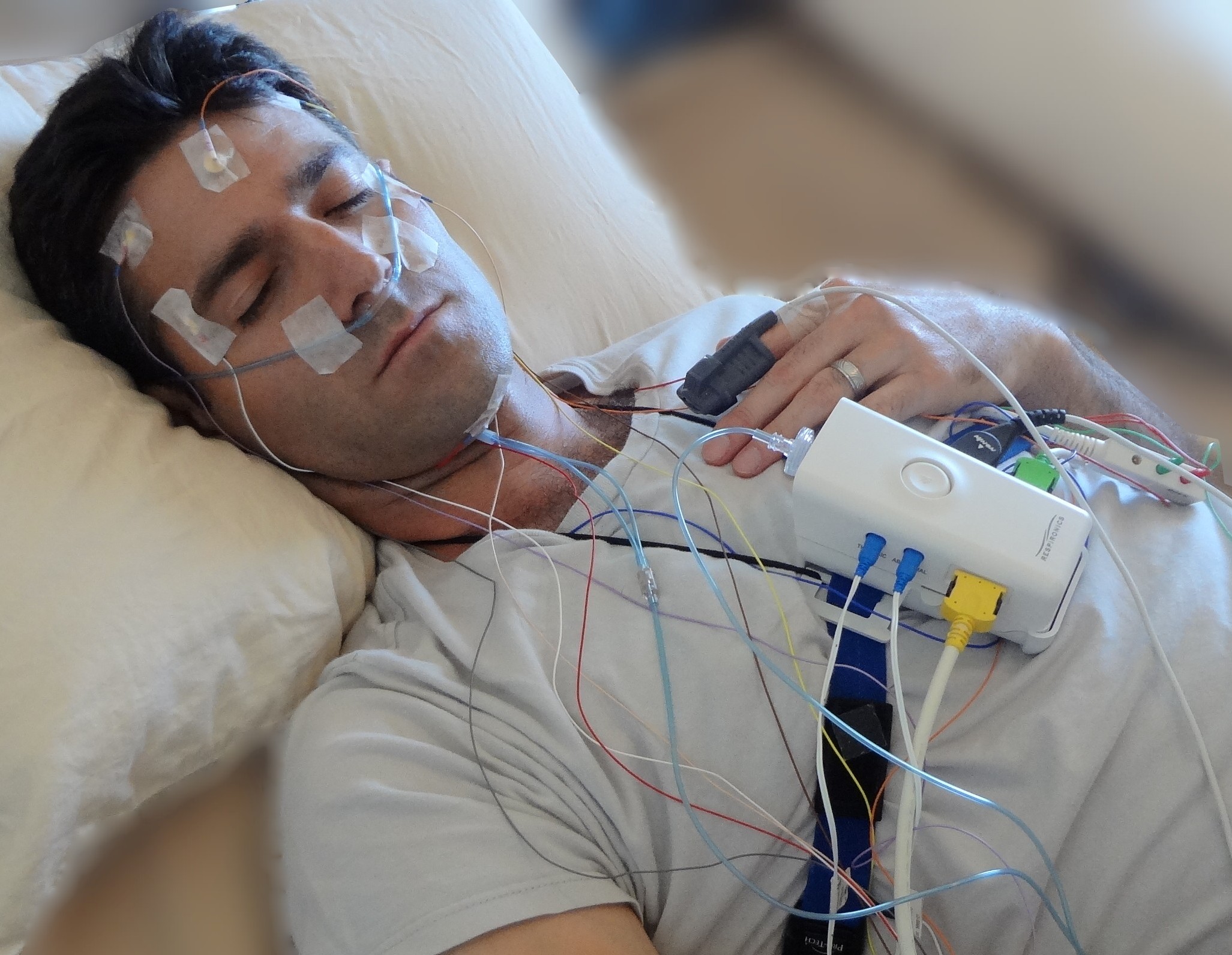
It is possible that snoring that you have may be as a result of sleep apnea, which is a harmful sleeping condition that stops breathing for periods of time.
Try A New Pillow
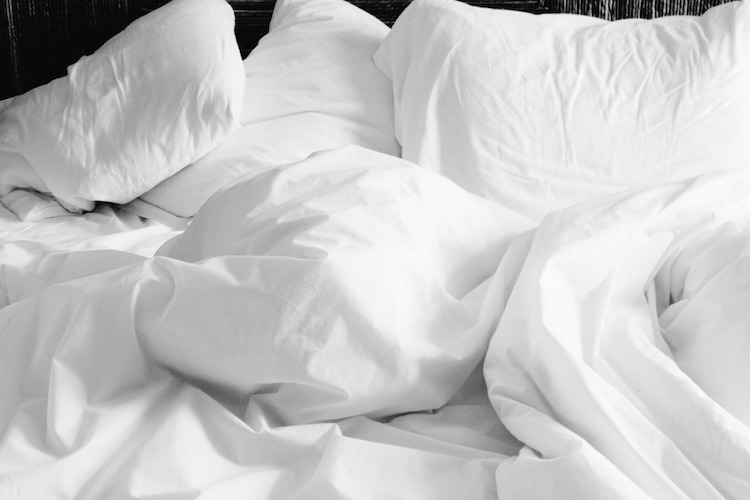
Dust mites love your pillows and they build up over time that might cause allergic reactions that might make it tougher to sleep. Pillows should be replaced every year.
Do Not Stress About Sleep
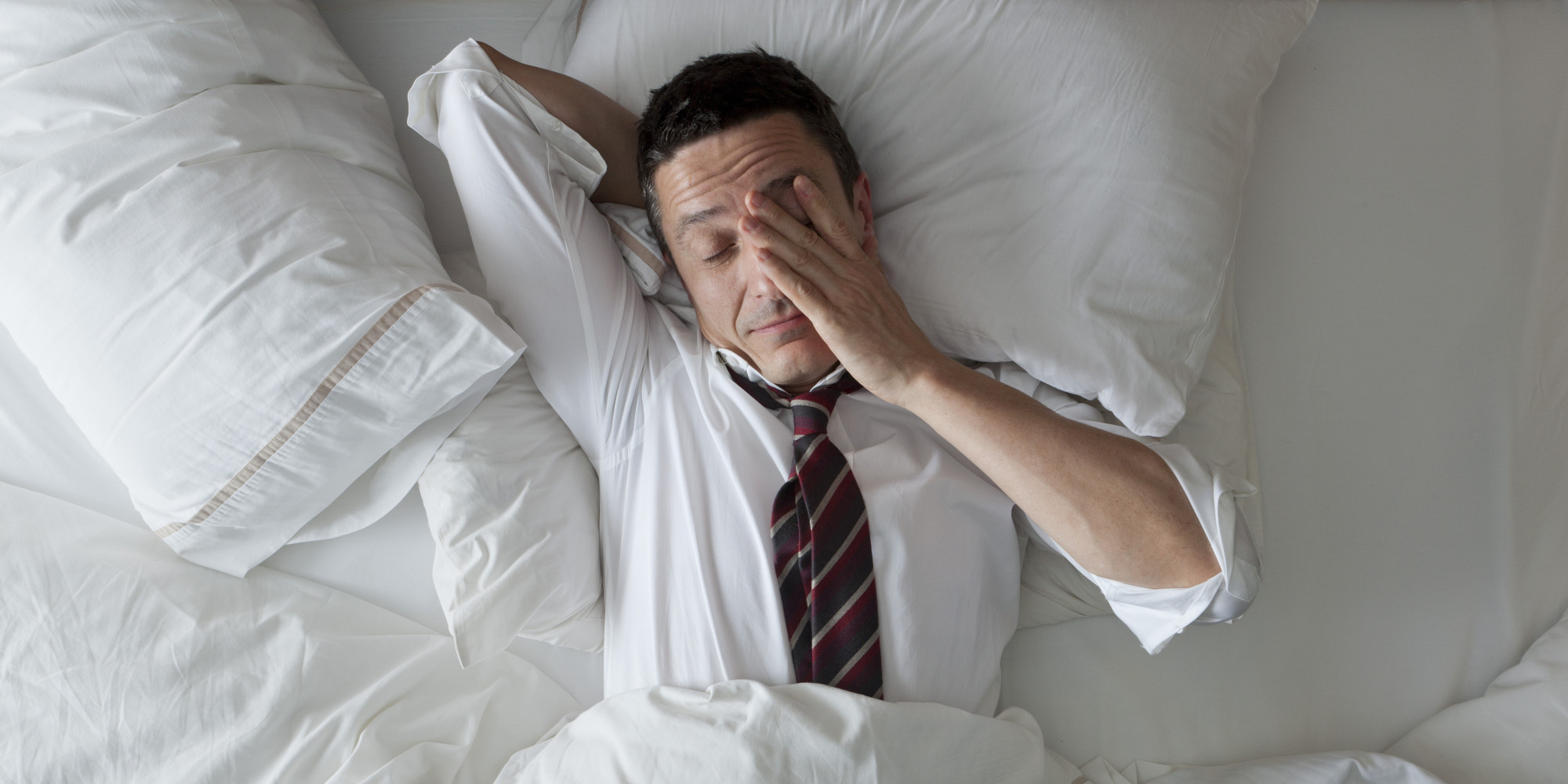
We aren’t saying to shrug off your sleep as if it doesn’t matter, but don’t stress about getting a specific amount of time in bed. The more anxious you are about getting sleep, the tougher it is to get any.
Don’t Drink Too Much Liquids Near Bedtime

Don’t dehydrate yourself, but consider cutting your water supply off a few hours before going to bed so that you don’t have to continuously get up and go to the bathroom throughout the night.
Quit Smoking
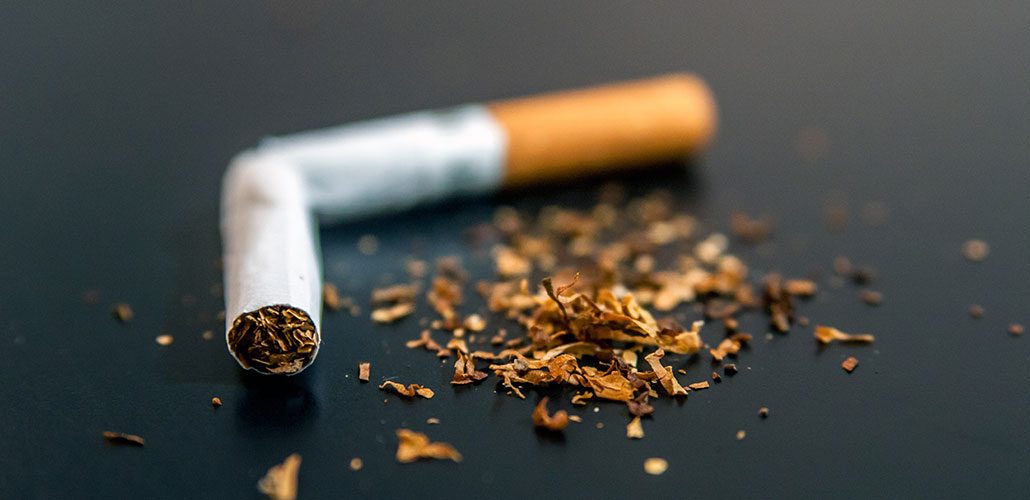
Nicotine is just like caffeine, which is a stimulant that can keep you at night. Smokers are also more likely to feel tired when waking up compared to nonsmokers.
Consider Therapy

At the worst case, if you end up having sleep troubles….you could use some insight from a professional. Cognitive behavior therapy is the most important thing to consider when trying to treat insomnia and you have to do sleep assessments with a professional while managing a sleep journal.
